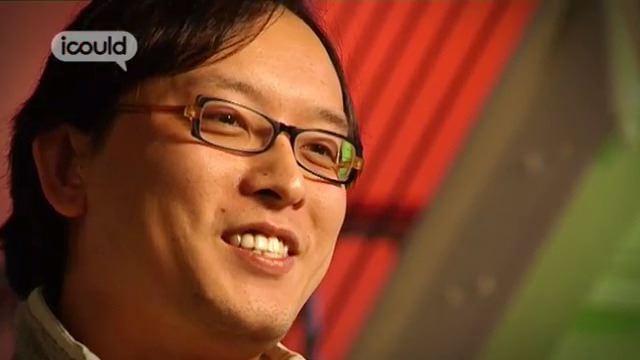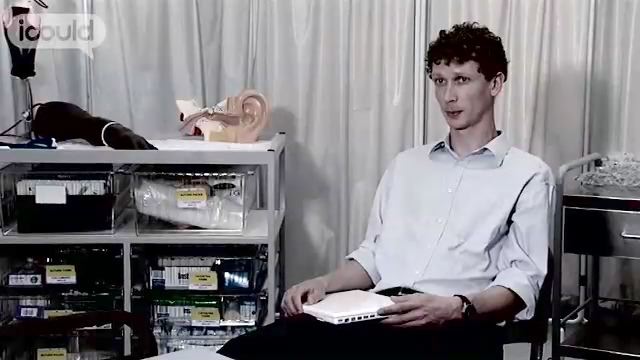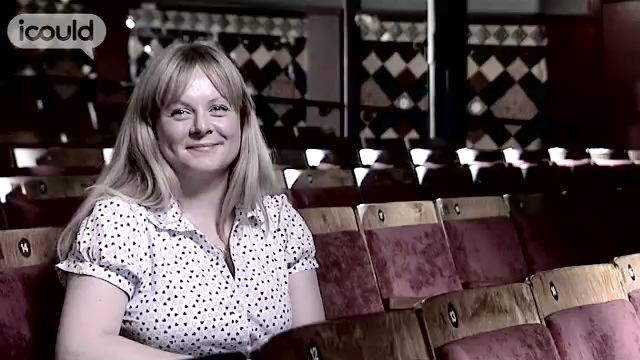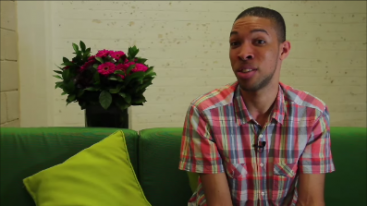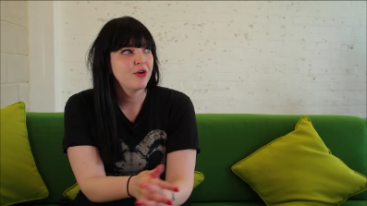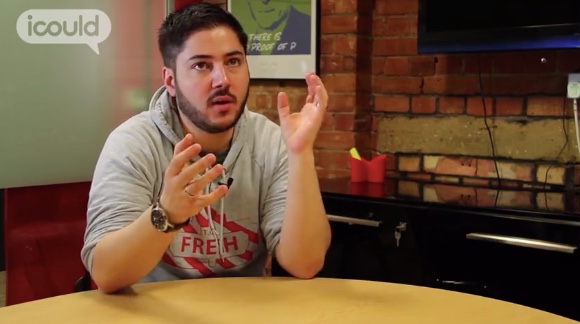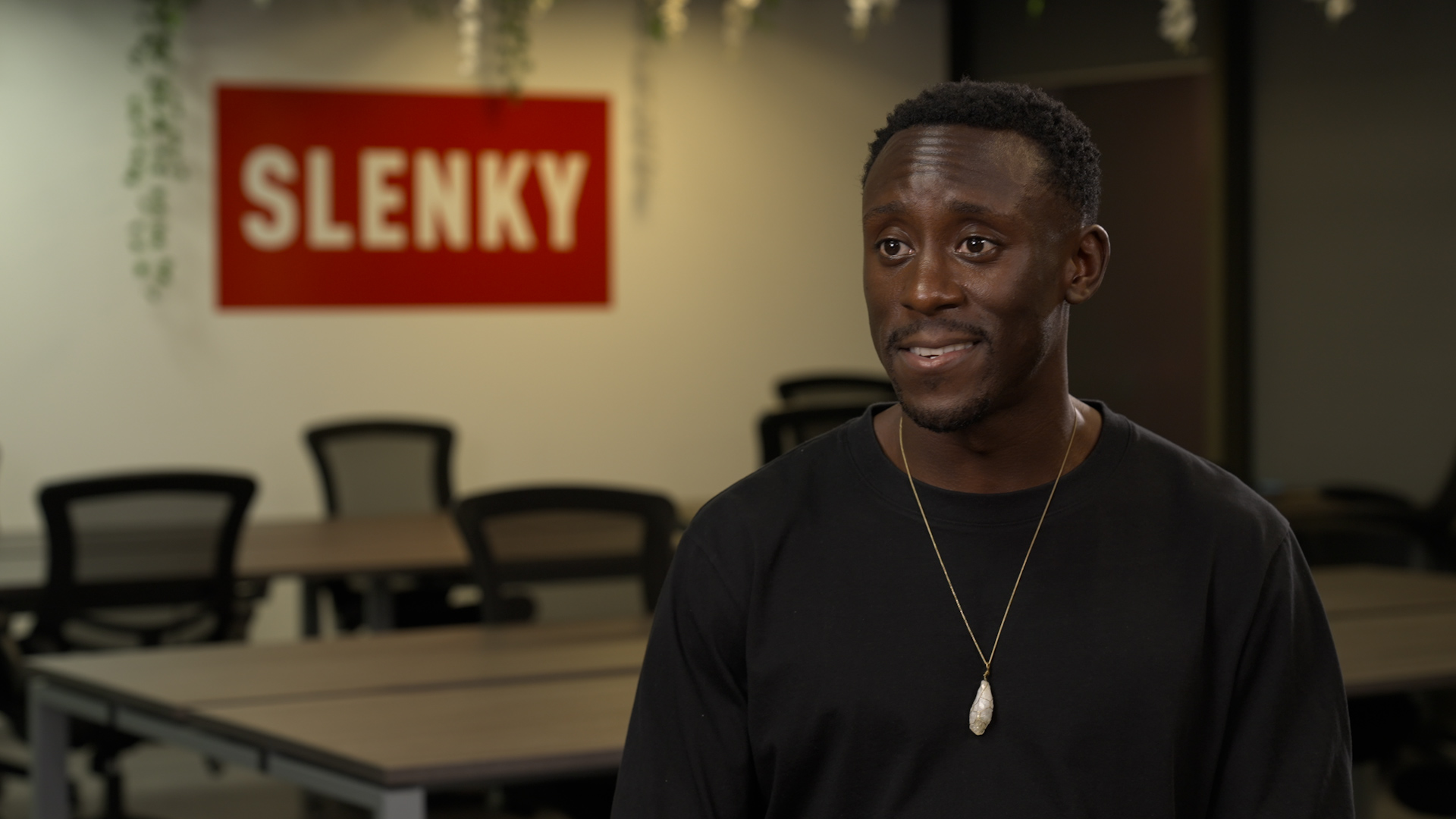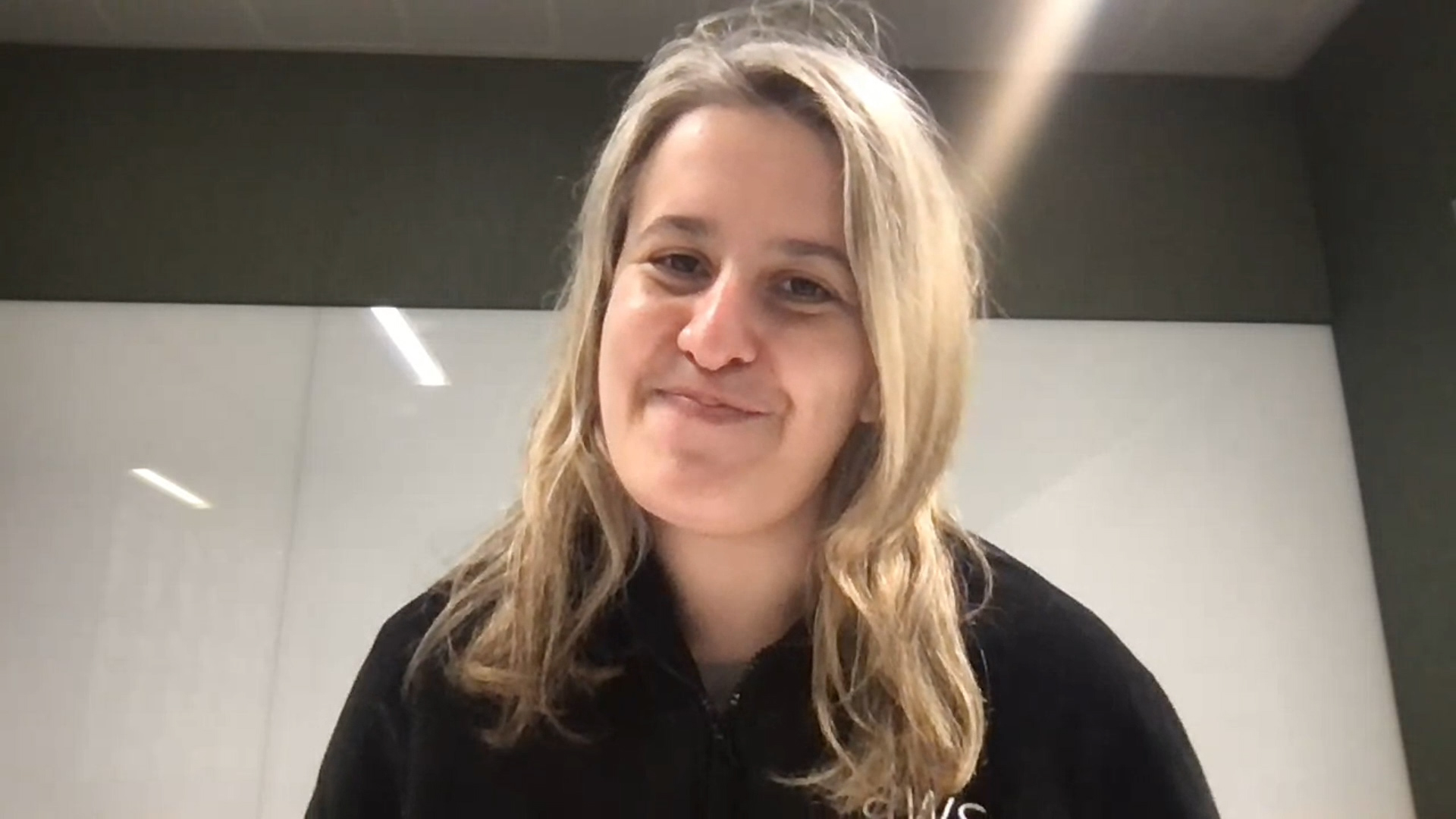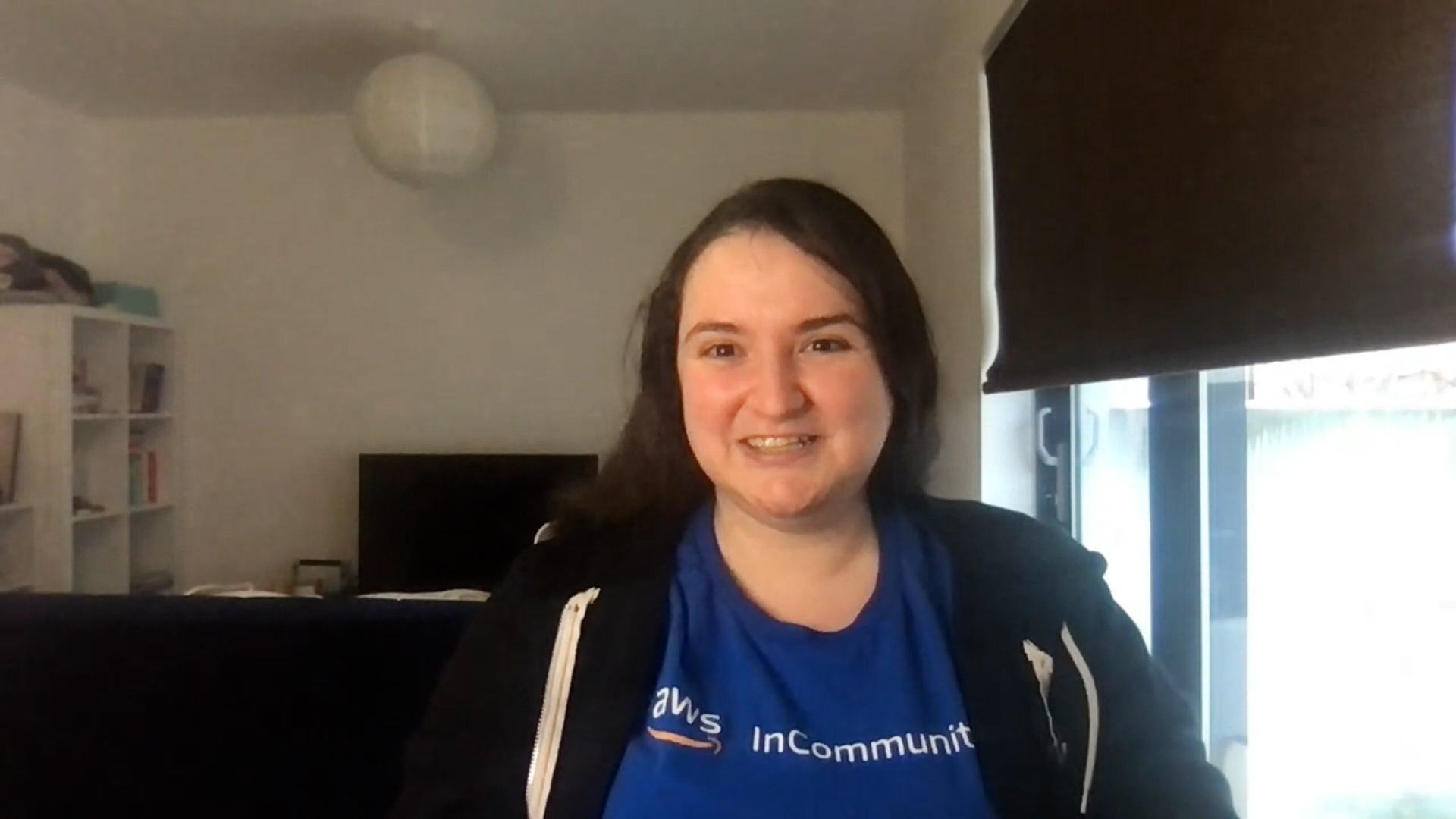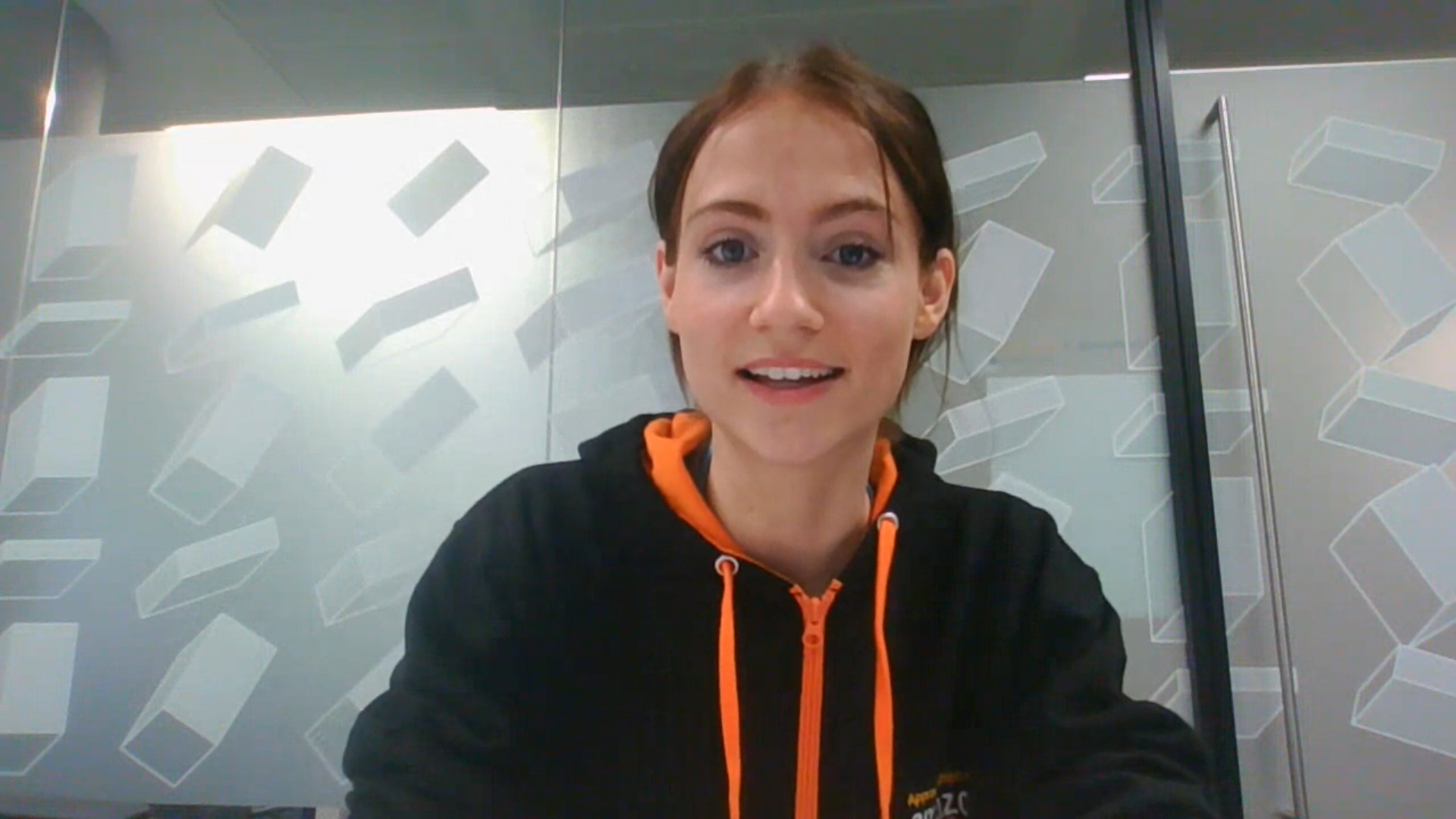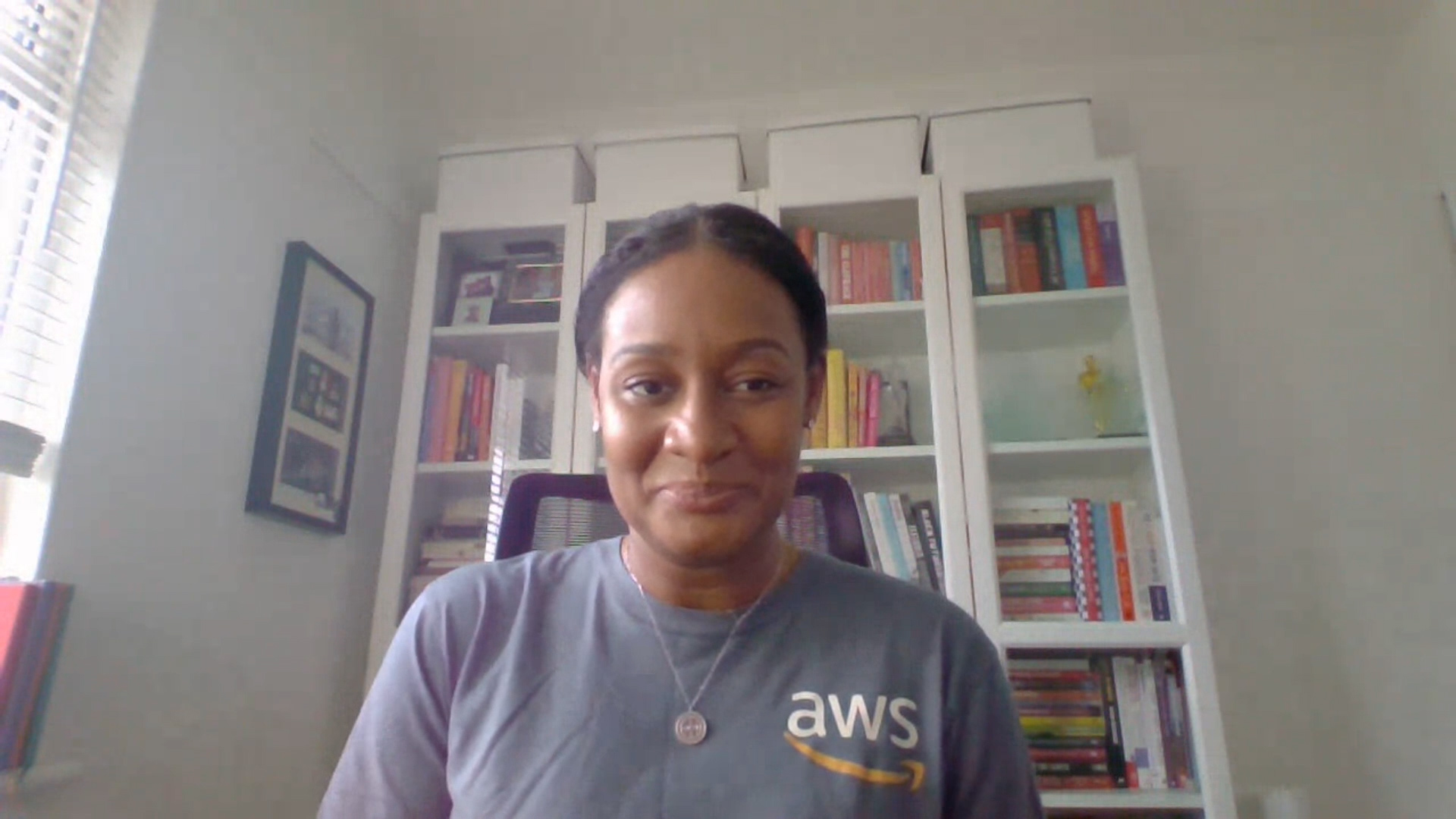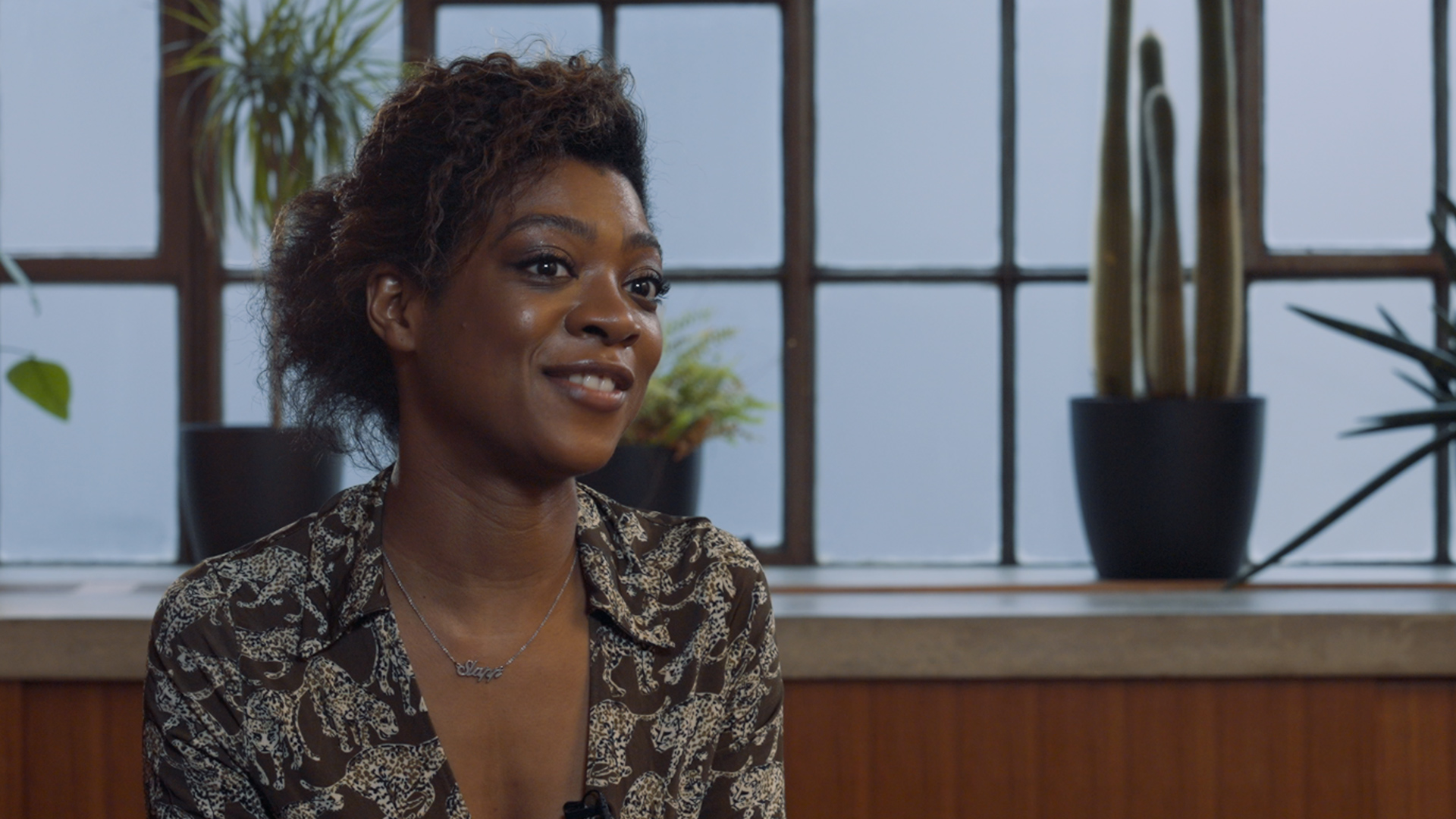Explore: Digital and tech
Digital Producer
Poke London
info Issues viewing the video?
|
|
CATHY T |
|
00:02 |
Hi, I’m Cathy T and I am a digital producer. |
|
00:06 |
A digital producer has to deal with quite a range of different projects. They would range from producing videos, video content for social, various different websites, website builds, Quite basic digital work but there’s quite a range of it, so the skillset is quite varied. |
|
00:24 |
So a typical day for me would be, essentially the first part of the morning’s taken up with writing lists of what I need to do for the day, for each different job. Generally I’m on more than one client at a time. At the moment I think I’ve got three main clients, so kind of try and split up your day accordingly to, you know, what’s more urgent, essentially and what’s, yeah what position each of the projects is in, if they’re in design or they’re in development or what is there to plan for in the next few days or the next week. |
|
00:58 |
So it’s a lot of planning first thing and then there’s a lot of meetings with the teams internally and also a lot of contact with the clients especially. My role at the moment actually involves a lot of client facing as well, so a lot of production roles would take that away, so you would have a client leader and a client manager to kind of be in between you and the client, but at the moment I do a bit of everything, so it’s really good. |
|
01:26 |
One of my main clients is EE and we’ve just worked with a range of different agencies together to produce a piece of work for the BAFTAs. EE are partners with the BAFTAs, so we had a really good text story. We got some robots over from LA and kind of plugged in to members of the public on to each of these robots and gave them access to the red carpet and they could interview celebrities and from it went really well and we got to see loads of celebrities, which was really cool and from that we got a really good piece of footage that we then put out the next day after the BAFTAs, to tell everyone, you know, what a cool, you know that EE are and how innovative they are, which they are. So that was all done using the power of 4G and it was quite successful. |
|
02:19 |
I’m not ashamed to say like I was top of the class, like quite a nerd. Just not like super-studious but just naturally really enjoyed education and I really enjoyed being at school and I went to university solely because my friends were going. I chose a combined honours degree so that covered quite a lot of things. It was English lit, philosophy, psychology and French all at once. |
|
02:49 |
It was quite intense but I just didn’t really have my heart in further education. All I wanted to do at that point was decide on what I wanted to be and like early 20s, I just wanted to get a job and really, you know, progress my career. I know it sounds quite early on to think about that kind of stuff, but I was really quite determined to decide at that point. So I immediately thought experience was worth more than my education at that point and to save myself an awful lot of money in fees, I went and became full time at a PR company which made me move to London a few years later. |
|
03:28 |
From there, I only spent another year in music PR ,and then I decided I wanted to move into digital advertising because it’s everywhere, because it’s something that, you know, everyone can find themselves a part of and I thought, well with my previous experience in music PR and dealing with clients and my interest in technology actually really helped there, so I wanted to learn about websites and building things and designing and working with different teams of people. So I pursued that career and left the music biz behind. |
|
04:07 |
My parents, my mum works for the civil service, always has, and my dad is a mechanic. So yeah, they’re both quite, you know, normal, normal jobs, from Ireland. Yeah so things like digital production don’t really exist in that, you know, over in the little town where I’m from, so I don’t even think they understand what I do, at this point. |
|
04:33 |
I think if you feel like you’re quite well organised, have a real interest in digital production, an interest in producing work, i.e. taking it from a brief to somebody saying something, hey we think we might want to do this, taking that and developing the idea and then making it all happen essentially. If you, I think if you feel like that is something that you think you could do, try it out, you know, try and get a small project to yourself and even do something in your spare time, just, you know, help people out with their own little projects or something and see how that works. |
|
05:15 |
Help set up, you know, I don’t know, a website for your friend or something like that or even just creating your own social profile online, like your whole social networking estate, that’s quite. You know, if you can do that well and you’ve such an interest in it, I think that’s quite key to, you know, what you might for wanting to come into digital production. |
|
05:38 |
End of Cathy T |
Cathy decided to leave university before finishing her course in order to pursue a career in Music PR. This then led into an interest in advertising, particularly digital advertising and she began to learn her craft in a small digital agency. She enjoys the variety in her role, as she is both creative and meets with clients.
More information about Web design and development professionals
Data powered by LMI For All
£33,800
average salary
The UK average salary is £29,813
35
average weekly hoursThere are 37.5 hours in the average working week
70%
male
30%
female
The UK workforce is 47% female and 53% male
Future employment
Future employment
Description
Jobholders in this unit group design, develop and maintain websites to meet a client’s specified requirements.
Qualifications
Entrants usually possess a degree or equivalent qualification, although entry with other academic qualifications and/or significant relevant experience is possible. There is a variety of relevant vocational, professional and postgraduate qualifications available.
Tasks
- Liaises with internal/external client in order to define the requirements for the website;
- Presents design options to the client;
- Designs web pages including graphics, animation and functionality to maximise visual effectiveness and facilitate appropriate access;
- Develops the website and applications;
- Designs and develops web interfaces for relational database systems;
- Establishes methods to ensure appropriate website security and recovery;
- Writes and publishes content for the website;
- Tests website interaction and performance prior to going ‘live’, and monitors and maintains functionality of the website;
- Activates the ‘live’ website.
Employment by region
Top 10 industries for this job
Computer programming, etc
18648
Retail trade
11390
Head offices, etc
7078
Advertising, etc
6736
Employment activities
6185
Publishing activities
4444
Education
1851
Other professional
1782
Social work
1732
Public admin. & defence
1707
Employment status
Related career stories
⇦
⇨
